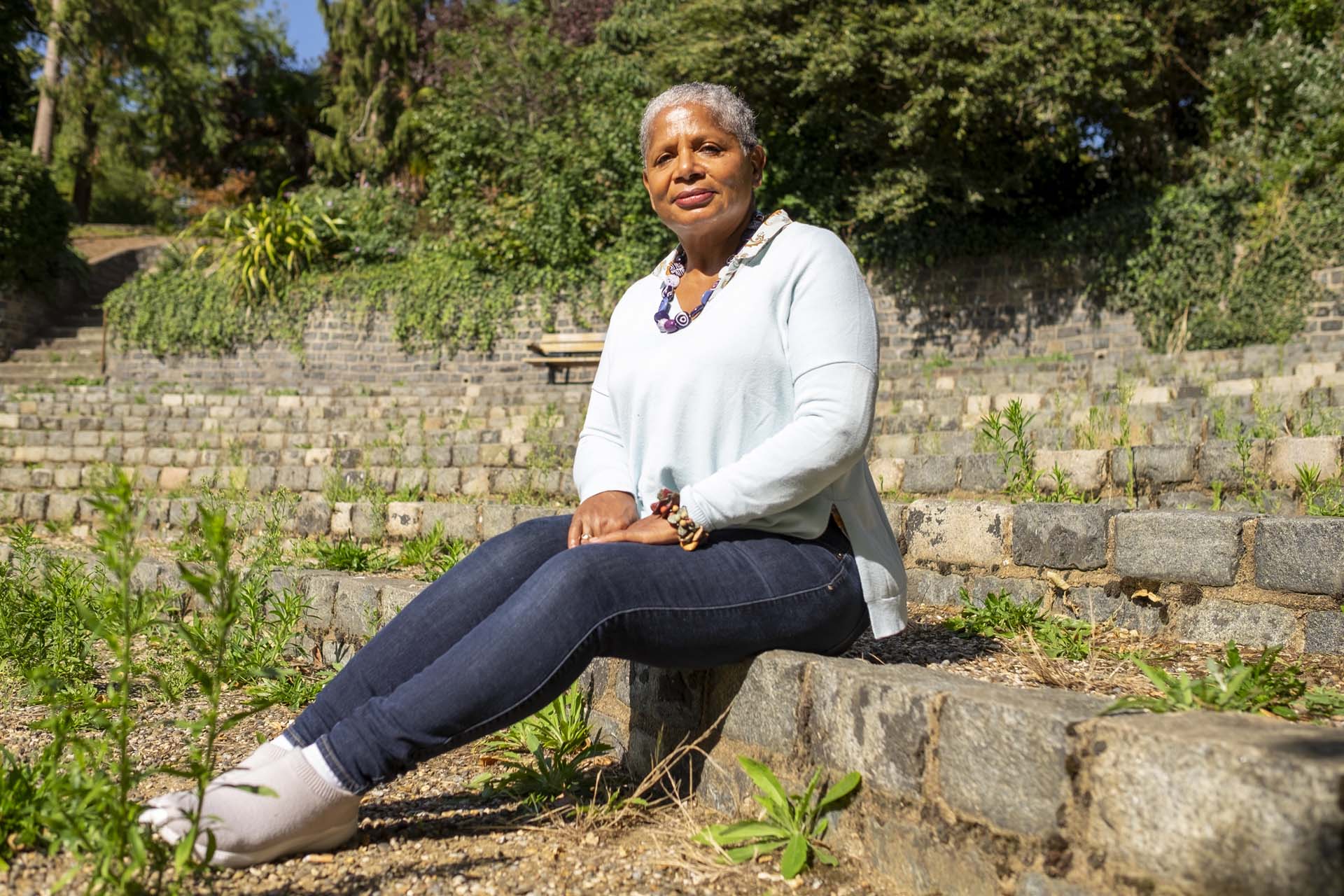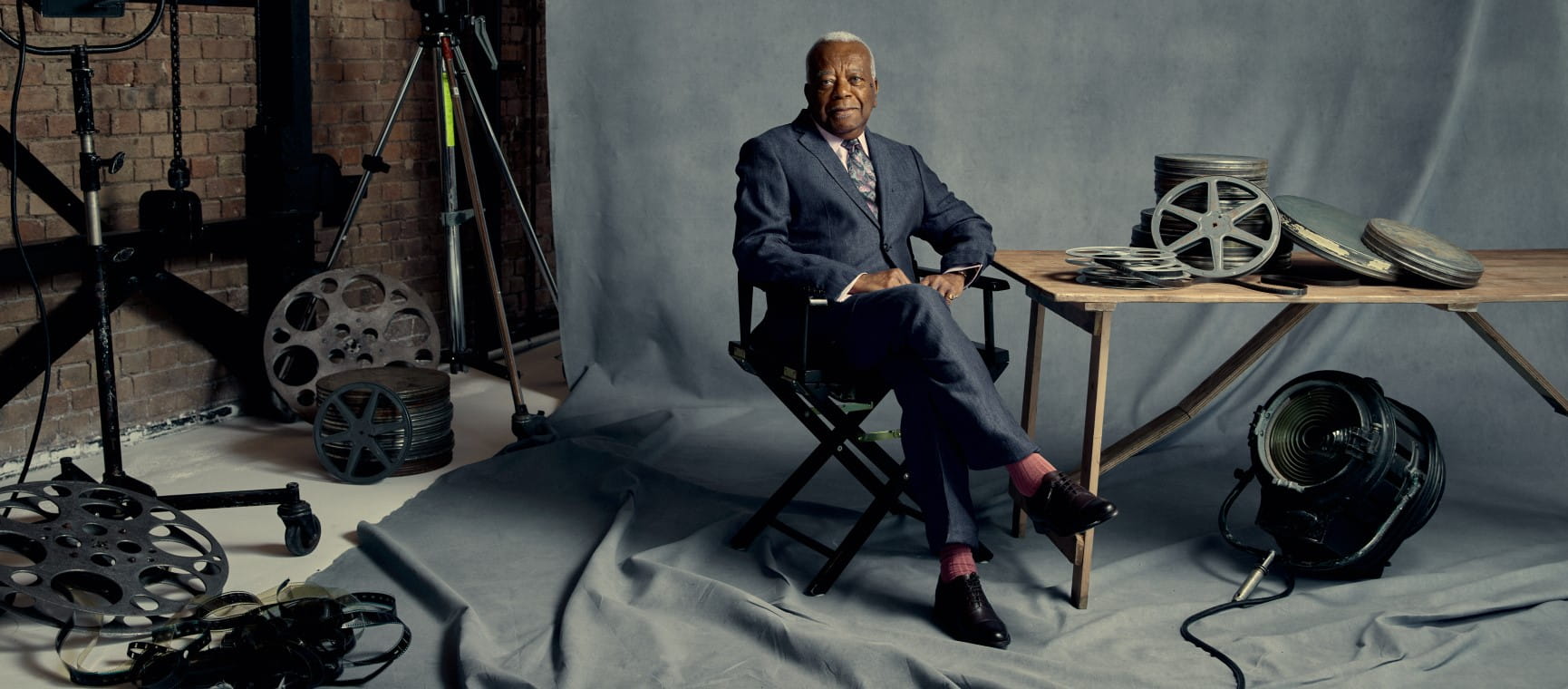
After Iraqi troops roared into Kuwait in August 1990, every western journalist wanted to talk to President Saddam Hussein.
Few ever would.
I’d been preparing for this for a while. Every morning for three weeks on my way into work I’d called in at the Iraqi Cultural Office in London. My meetings with the diplomat who ran the office, Nael Hassan, took place in a fog of cigarette smoke, among half-empty coffee cups and a volcanic mound of ash.
He was courteous and polite and promised to put my case to Baghdad but always seemed nervous at the mention of Saddam’s name.
Then, one Saturday morning, he called me at home with the news: "Baghdad will see you now."
On arriving in the autumn, I found the Ministry of Information behaved in the same way – welcoming and polite but offering no clues about the interview.
Then one day it all changed. My crew and I were told to go to our hotel and not to leave our rooms. Later we were called to a waiting car. The Iraqi major would answer no question about where he was taking us, and the young driver seemed to have no idea either.
At every roundabout, he would slow down and await the major’s tap on the dashboard: first on the right or second on the left. At 4pm we arrived at a presidential house and were asked what we’d like for breakfast.
I said, "You mean dinner?"
"No," he said. "Breakfast."
That’s how we found out we would be staying the night. As we entered, I was informed that the telephone lines had been cut. No one at the office had any idea where I was.
(At dinner that night, the table was festooned with every kind of juice; my thought was, I’d need something stronger.)
The next day, after a few false starts, we were taken in a convoy of cars to a palace and strip-searched – down to my watch and ring. Ushered into a room sparkling conspicuously with gold fittings, we found 20 or 30 people milling around, twitching nervously.
When I protested about the crowd of ministers there, I was told they wanted to witness the president being asked questions. It dawned on me that I would be asking the things they wouldn’t dare ask. Little wonder: I’d heard that at one meeting, Saddam had taken out and shot one of them for making an unwelcome suggestion.
In the palace reception room, a human corridor suddenly formed, through which the president strode: broad-shouldered, confident, with a penetrating gaze.
My first question was whether it wasn’t "a very un-Arab thing to do" to invade a neighbouring country and rape its people.
(I’ve reflected many times since on that opening question and my view today is it was needlessly aggressive.)
But if he was displeased, he disguised it well. He robustly defended the war and denied troops were disembowelling pregnant Kuwaitis.
Later, back in my room, by now drained, I was met by workers from the Ministry of Information anxious to question me.
I described the interview. This was met with stony faces; it was not what they wanted at all. They wanted to know what he was like.
It then occurred to me that while many had worked for Saddam for years, they’d never been in the same room as him.
He governed on his own, on his own whim; his own people knew very little about him.
To this day I retain sharp images of the confident Saddam I met that night, compared with the haunted look of the dishevelled man unearthed from a hole after the second Gulf War.
And on my visits since 2003, it has been painful to hear people talk wistfully that he would never have tolerated the disorder that scars the lives of millions of Iraqis today.
Sir Trevor McDonald is best known for presenting ITN’s News at Ten, Tonight with Trevor McDonald and documentaries on subjects as varied as Death Row, UK killers and the Caribbean.
He was knighted in 1999 for his services to journalism and has received many awards for his work. He has been named Newscaster of the Year three times and received Honorary Degrees from more than eight Universities.

Every issue of Saga Magazine is packed with inspirational real-life stories, exclusive celebrity interviews, brain-teasing puzzles and travel inspiration. Plus, expert advice on everything from health and finance to home improvements, to help you enjoy life to the full.
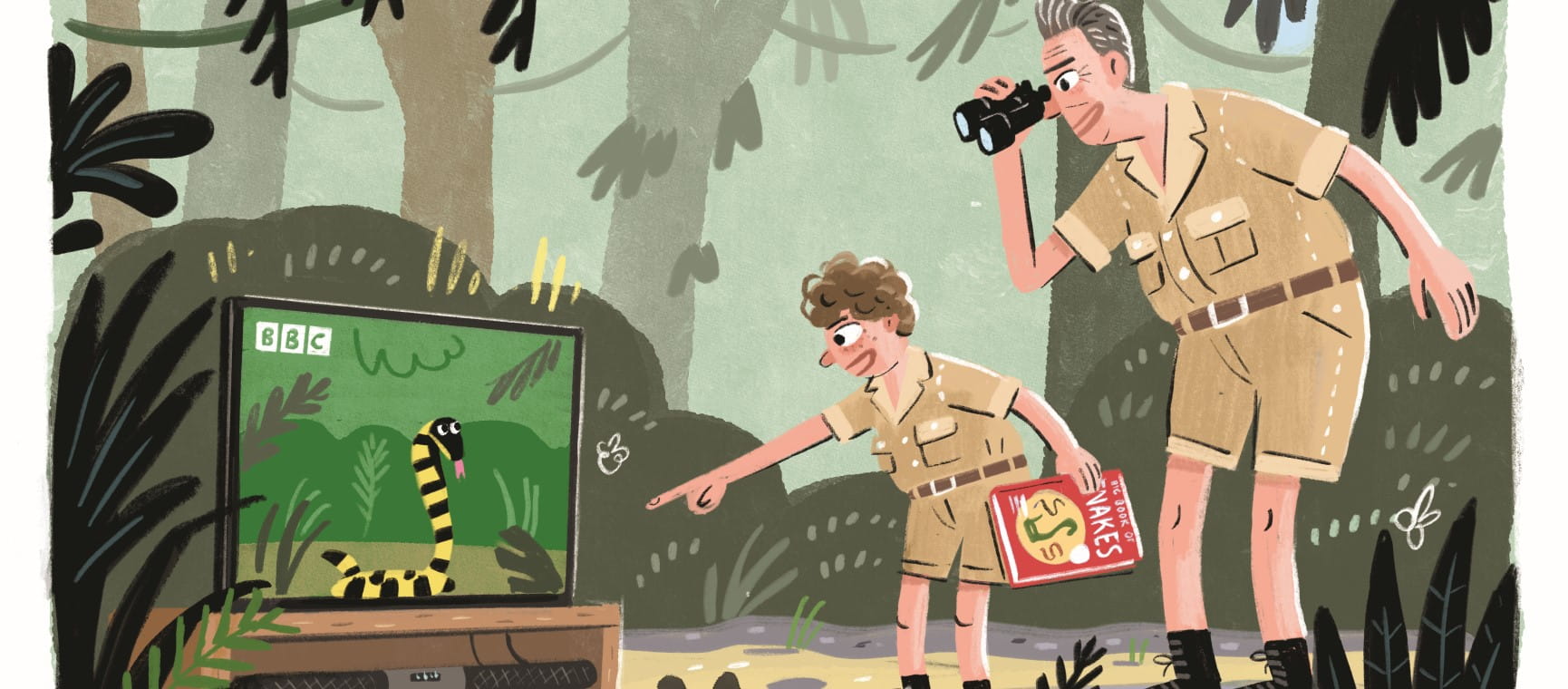
Our columnist wonders whether 24-hour TV is doing our grandchildren more harm than good?
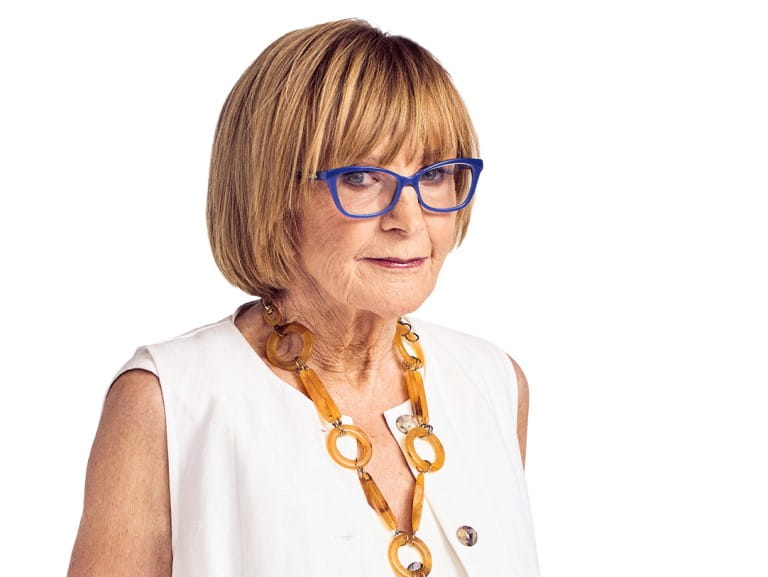
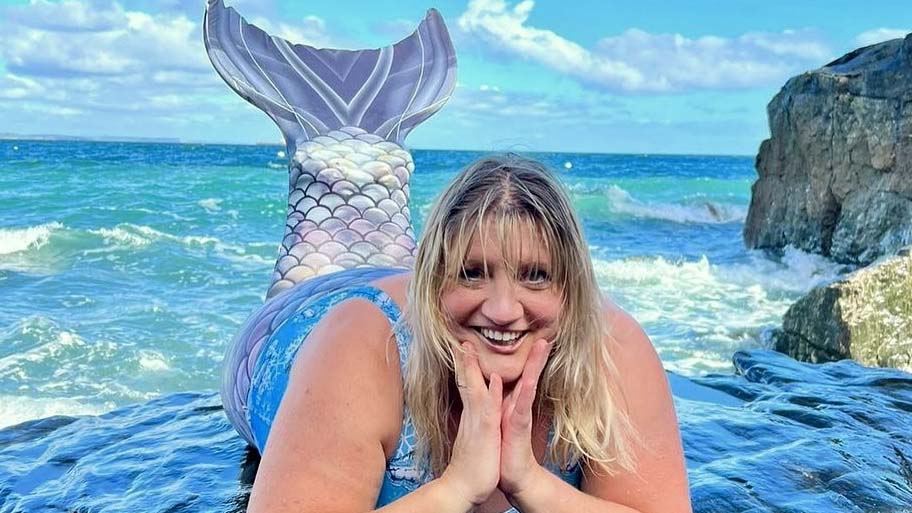
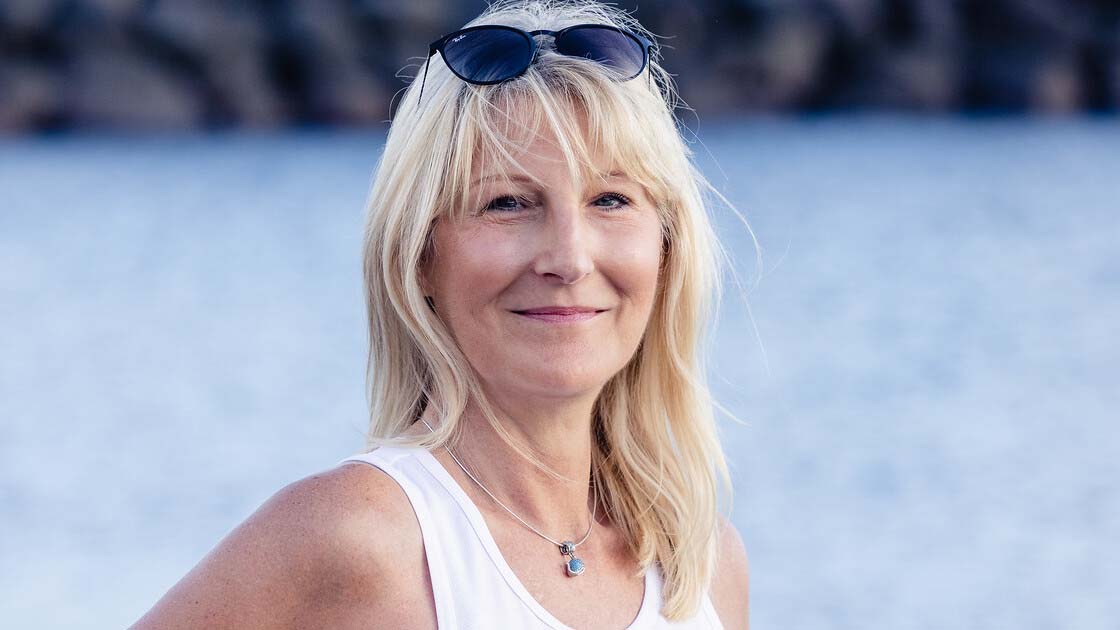
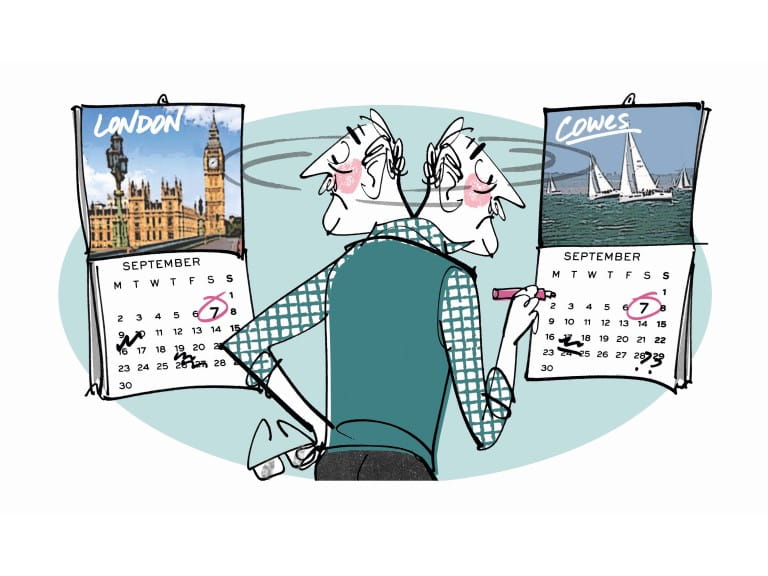

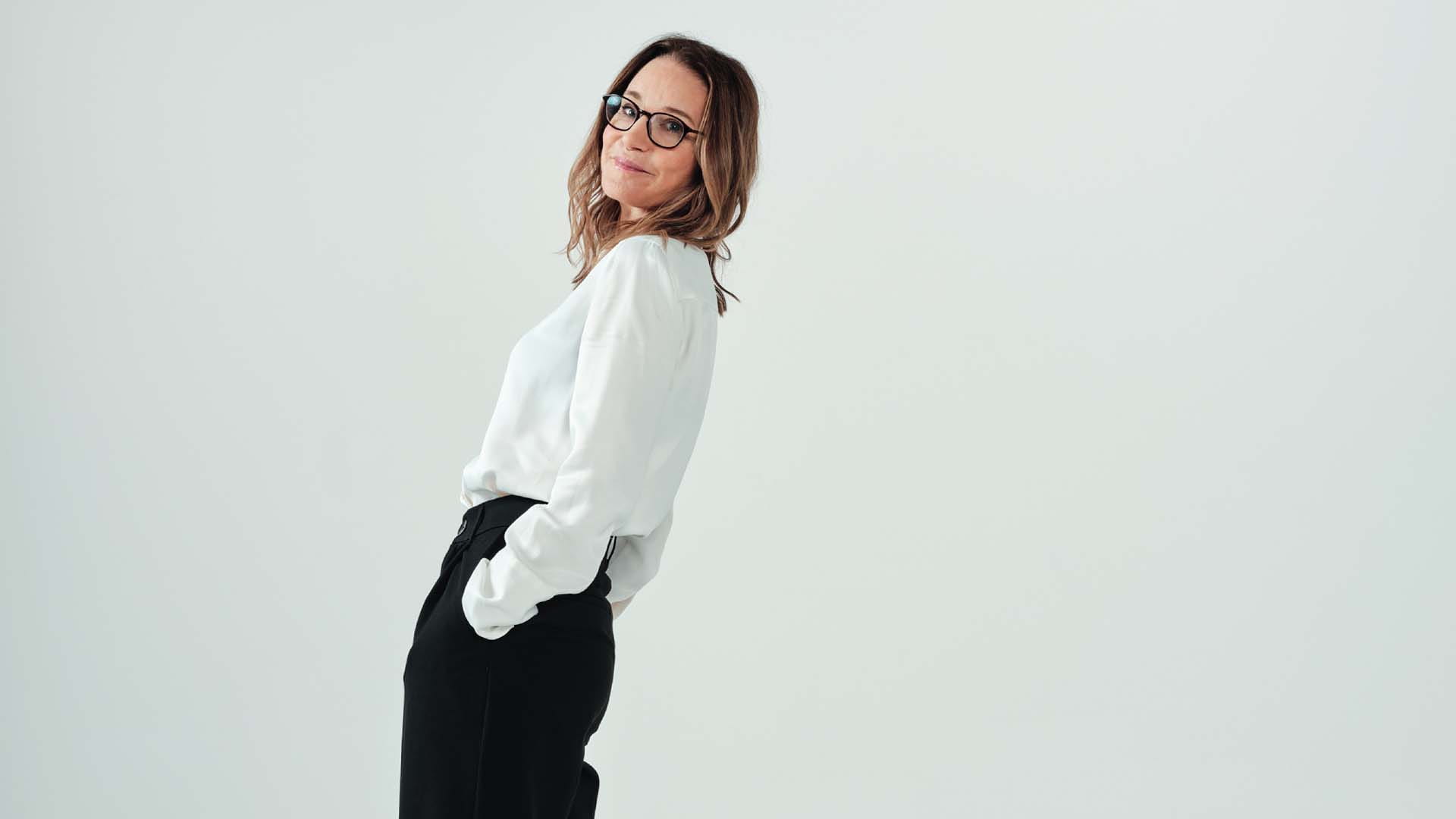
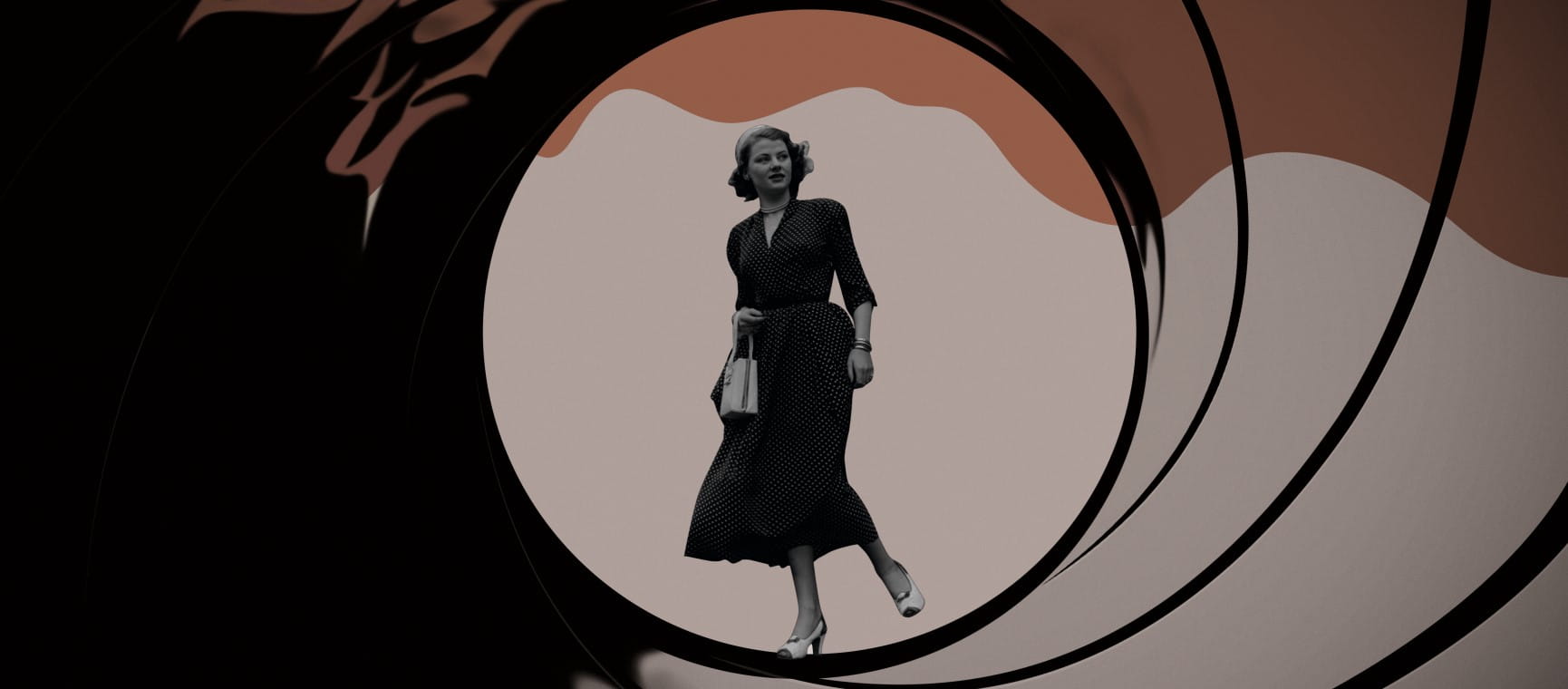
Women in the intelligence services did more than just take notes and chide flirtatious spies - many had real power and ran missions.
